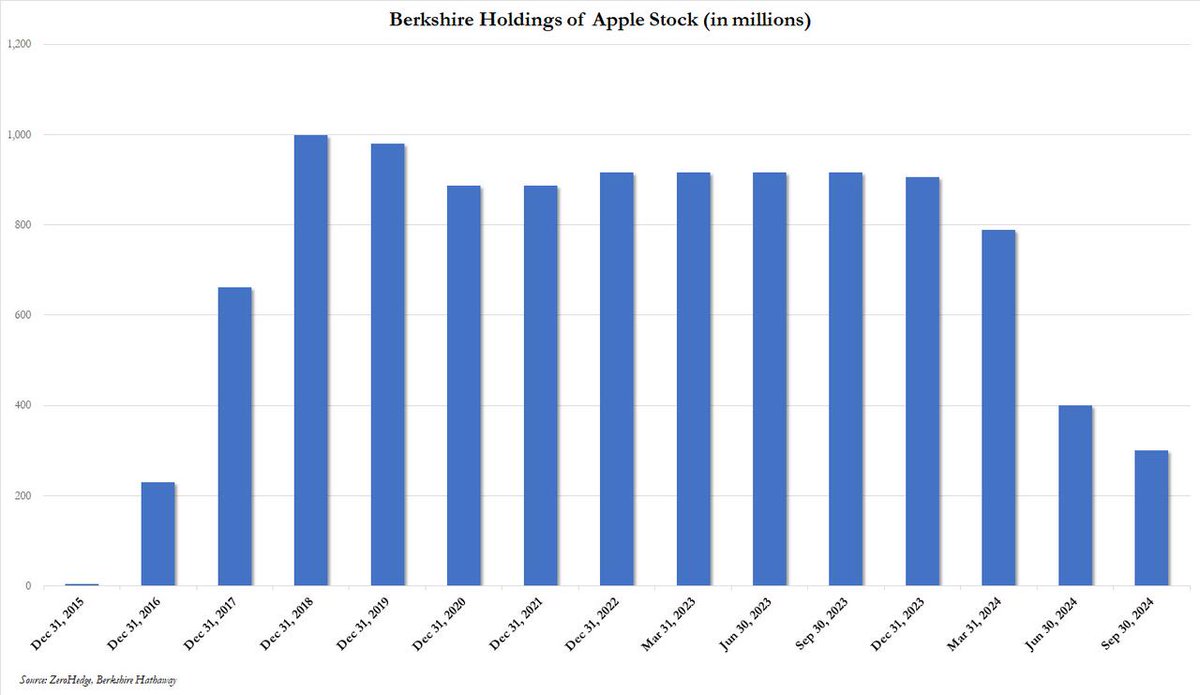It's not just NYT/Media Matters: Newsguard has also been mobilized.
The entire censorship-industrial complex is in full blown meltdown
The entire censorship-industrial complex is in full blown meltdown
https://twitter.com/TuckerCarlson/status/1851078772327661601

• • •
Missing some Tweet in this thread? You can try to
force a refresh















